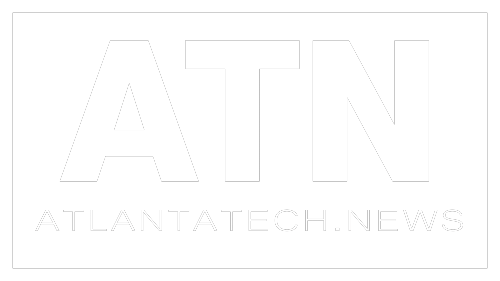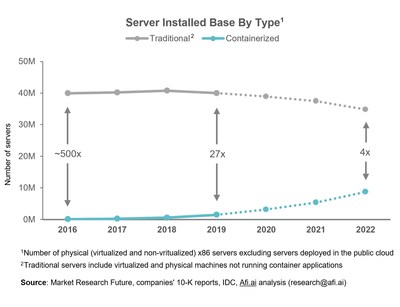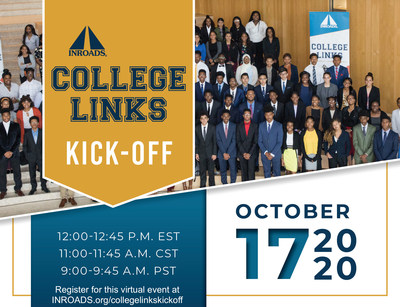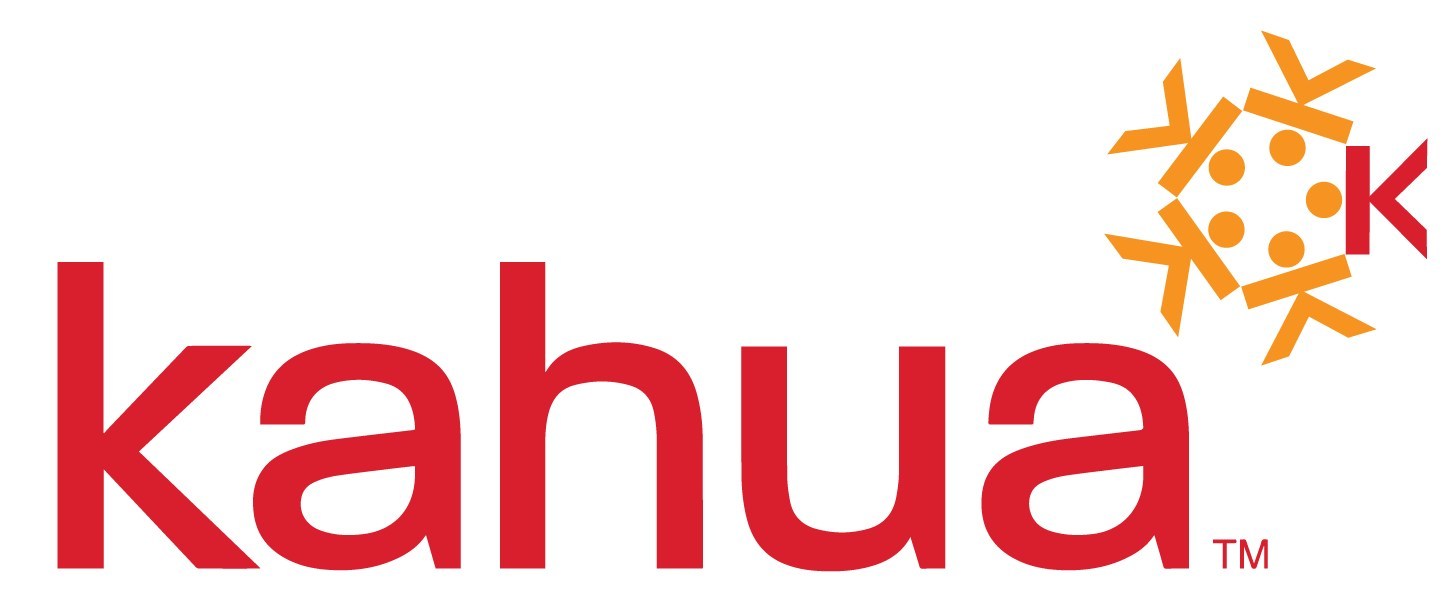Afi.ai introduces Afi Data Platform, a cloud-based replication and resiliency service that helps to monitor, predict downtime and recover K8s applications.
Unlike larger vendors, such as Rubrik or Cohesity, that were originally developed for on premise applications and later expanded into the cloud, Afi platform is purpose-built to protect K8s and cloud applications.
The company released its first service, SaaS applications backup and migration, in 2017. On 7 July 2020 Afi releases its Data Platform to extend its protection to K8s applications.
The importance of resilient and scalable IT services has grown as the remote work is becoming the new norm due to the coronavirus. Organizations are prioritizing new container-based applications over legacy monolithic apps that are less scalable and less reliable. Afi Data Platform helps to address the demand for native container application data protection and disaster recovery, a market that is forecasted to exceed $200 million in 2022.
How Afi Data Platform works
Afi Data Platform first scans K8s application components and identifies storage resources, application pods, namespaces and Kubernetes cluster configuration.
After the initial scan, Afi analyzes and maps the resources and relationships between the application components. It uses its AI engine to distinguish between different types of container workloads (such as DBs, application servers, load balancers) and detect stateful containers.
Afi then uses the knowledge about the application structure to create an equivalent Kubernetes configuration and replicate the primary K8s application instance to a secondary location. Afi can maintain <15s replication delay by leveraging native Azure and GCP tools, as well as using proprietary in-line deduplication.
Afi currently works with K8s deployed in Azure and Google Cloud Platform.
Why organizations protect K8s
IT administrators and DevOps managers use Afi to protect legacy as well as K8s-native applications.
Legacy K8s applications are the traditional monolithic applications moved to K8s without proper refactoring. Such applications typically remain stateful and store the application data within the containers’ ephemeral storage, which can be lost if containers are down due to application errors or misconfiguration.
Similar to traditional on-premise applications, the legacy K8s apps therefore require application-aware protection, to enable roll back to a previous state in case of a failure.
Native container applications on the other hand are often stateless and individual containers’ failures don’t lead to data loss or corruption since the information is stored on a highly reliable persistent (shared) storage or a database.
Although the native Kubernetes applications have the built-in resiliency, they still suffer from misconfiguration, system failures, human errors and malware. DevOps managers therefore need to be able to roll-back changes to the applications configuration or data stored on the persistent container storage.
Technology shift and K8s resiliency market
By targeting Kubernetes applications resiliency Afi plans to establish itself on a large and fast-growing market.
The number of traditional non-containerized enterprise servers declined in 2019 by 1.9%, for the first time since 2010. Afi estimates that the decline will persist in 2020-2023, along with continued growth in servers hosting container applications which will exceed 10 million servers in 2023.
Vince Marino, Afi CPO, believes that as a result of the technology shift the market opportunity for K8s application resiliency will exceed $200 million in 2022.
Contact: Tony Sabinski, 243126@email4pr.com, +19789720433





